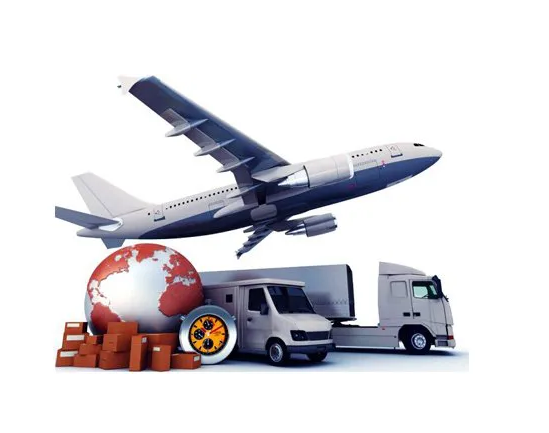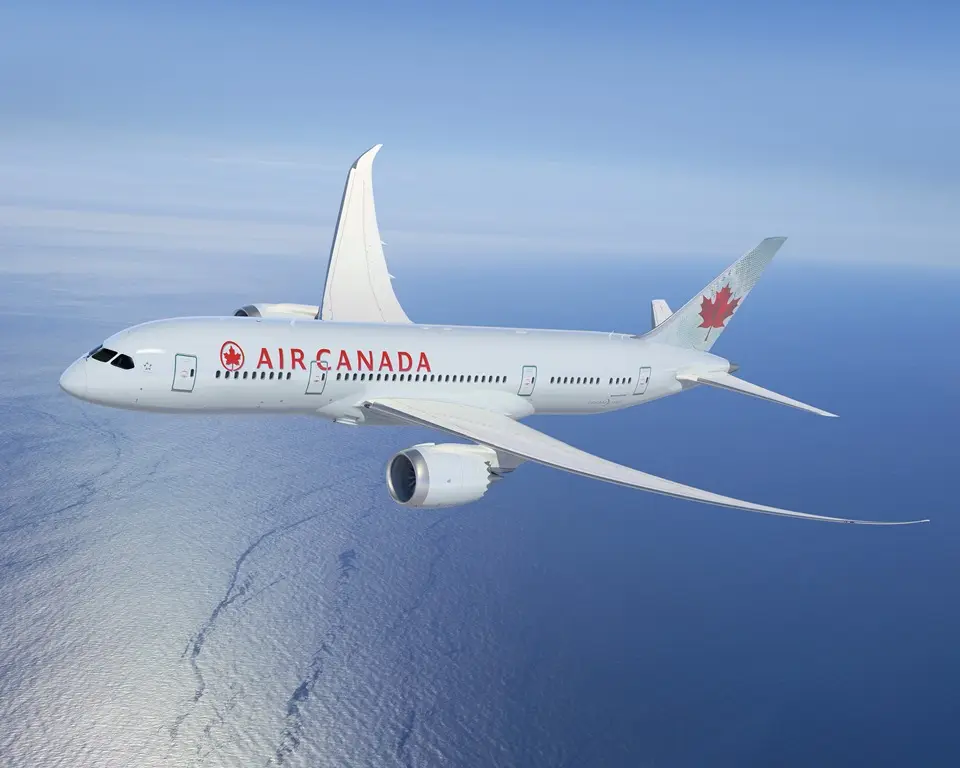Navigation Link

 July 05,2022
July 05,2022
The International Air Transport Association (IATA) forecasts the airline industry will return to profitability next year, with pent-up travel demand supporting bookings. At the same time, the recovery in freight demand is also putting pressure on retailers to stock up and deliver. With supply chains still at risk and delivery delays, retailers are forced to opt for faster air freight services.
The airline industry is expected to lose $9.7 billion this year as air travel begins to recover from the pandemic, an improvement from the $11.6 billion loss forecast in October, IATA said. Demand is picking up, and by next year, foot traffic in most markets should match or exceed pre-pandemic levels, with the industry expected to be profitable in 2023.

The airline industry in North America has begun to return to profitability, with North American airlines expected to post a net profit of $8.8 billion this year. While airlines in other regions will still lose money, global passenger numbers are expected to hit 83% of pre-pandemic levels.
With the lifting of epidemic prevention and control restrictions, air passenger traffic has gradually resumed, and air cargo demand is also increasing. More passenger aircraft have also increased cargo delivery services to meet retailers' replenishment needs.
Warehouses and stores need to be replenished as brick-and-mortar stores reopen, said Edward Ryan, CEO of Descartes Systems Group. Supply chain problems in the first quarter of this year led to insufficient inventory replenishment and delayed supply of retailers, and many retailers have increased demand for expedited shipments.

The analysis pointed out that products that are currently in high demand, such as semiconductors, jeans, masks and vaccines, can be shipped by air to avoid supply chain disruptions and delays in supply. But for many shippers, opting for air freight adds significant cost. It is reported that Peloton spent $100 million to improve the speed of transportation, including the use of air freight and expedited sea freight.
In fact, despite the decline in capacity due to the impact of the epidemic, air freight has been in a continuous peak season mode, and other events that disrupted supply chains, such as the blockage of the Suez Canal, are also driving up air freight market demand.
Although the cost of sea freight is lower than that of air freight, there are cases where the transit time cannot be guaranteed. Transit times range from as fast as 30 days to as long as 120 days, and it's hard to see a definite end time for this at the moment.
Increased spending by retailer brands on air transport is expected to have an impact on fiscal year results. The company shipped a little more product by air in the third quarter of this year than last year, given the closure of some factories in China, and expects the same pressure in the fourth quarter of this year.